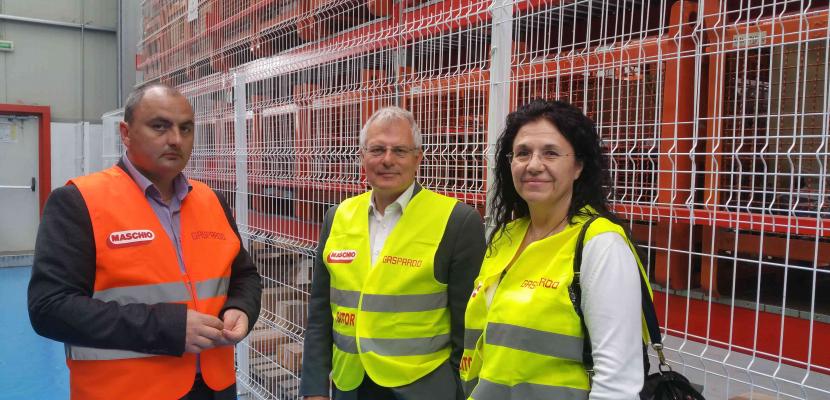
Innovation Audits

About this good practice
Romania is a modest innovator and this is to be explained by the low skill-low tech level of the enterprises. The innovation audit aims to support SMEs in raising their innovation level through tailor made support. The innovation audits/business reviews activity aims to assess the potential for innovation and the substantiation of strategic decisions on technology development for companies, as well as providing recommendations on improving key aspects regarding their further development and internationalization. The activity takes place along three phases: The 1st phase consists in carrying out the audit process. The audit consists in a questionnaire with 45 questions in the light of eight innovation vectors: Innovation Culture, Innovation Strategy, Innovation Management, Networking, Development of new processes and products, Research and Development, Access to new markets, Management technology. The 2nd phase consists in the analysis of the questionnaires and the elaboration of audit reports. The reports reflect the current situation of the companies assessed and propose recommendations and tools available for SMEs to improve those aspects considered deficient or having the potential to improve. The 3rd phase consists in scheduling a new round of meetings with the audited organisations in which the results of the audit report and future development are discussed.
Expert opinion
The innovation audit is a programme to assess and review the innovation and internationalisation capabilities of private companies in Romanian clusters. The innovation audit consists of three phases: (1) a questionnaire with 45 questions on innovation culture, innovation strategy, innovation management, networking, development of new processes and products, research and development (R&D), access to new markets, and management technology, is sent to private companies, (2) the questionnaire is analysed and recommendations are sent out, and (3) meetings are organised to discuss on the future uptakes of recommendations.
Suggestions for potential good practice transfer:
-The innovation audits must assess the main weaknesses of the private companies within a regional innovation ecosystem approach to pave the way for the creation of research and innovation programmes to address those weaknesses.
-Regions that are ranked as modest and moderate innovators in the Regional Innovation Scoreboard would most benefit from establishing systematic innovation audits.
-The methodology developed in Romania can be used in benchmark exercises for the creation of innovation audits.
Resources needed
The effort is of around 7 expert days per company, costs of 2500 EUR per company in the Romanian case
Evidence of success
3 innovative spin offs have been established as a result of the innovation audits, in the field of renewable energy (2) and smart textiles (1), on following topics, respectively
- development of a home heating system technology embedded in the windows based on solar energy;
- development of a new UPS technology based on residual electromagnetic field
- intelligent textiles for persons with special needs.
Potential for learning or transfer
The transferability consists both in terms of methodology allowing a good understanding of the innovation potential and gaps in the company and in the process leading to the building up of a certain level of trust between the company and the innovation experts,
Further information
Website
Good practice owner
You can contact the good practice owner below for more detailed information.
INMA

